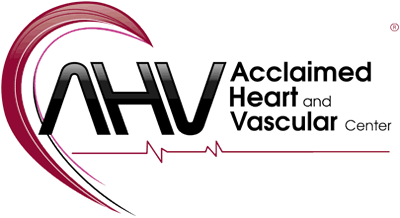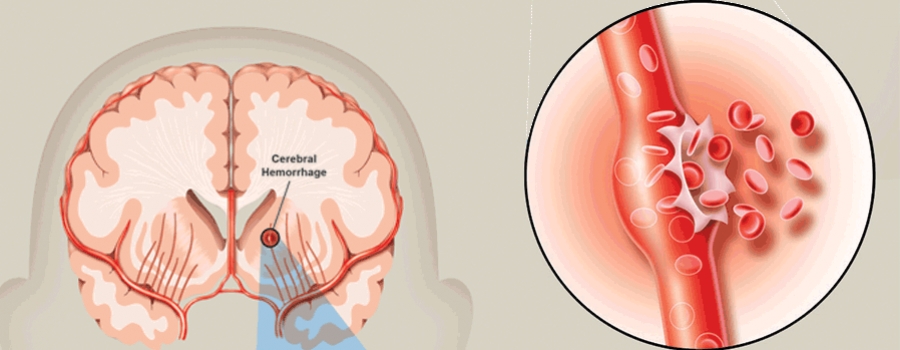Types of Hemorrhagic Strokes
There are two types of hemorrhagic strokes based on where the bleeding happens.
- Intracerebral hemorrhage is the most common type of hemorrhagic stroke and occurs when brain tissue is flooded with blood after an artery in the brain bursts.
- Subarachnoid hemorrhage is the second type of hemorrhagic stroke and is less common. In this type of stroke, bleeding occurs in the area between the brain and skull.
Causes
The ruptures can be caused by these conditions:
- hypertension
- Trauma
- Blood-thinning medications
- Aneurysms
Symptoms
Hemorrhagic stroke symptoms start suddenly and are severe. Symptoms include:
- Intense headache
- Confusion
- Nausea or throwing up
- Sensitivity to light
- Problems with vision
- Passing out

Acclaimed Heart and Vascular Center
We deliver excellent care with compassion after discussing your health and treatment plan with simplicity.
Risk Factors
You're more likely to have this type of stroke if you:
- Are over age 65
- Have high cholesterol, high blood pressure, or diabetes that's not under control
- Are obese
- Had a stroke in the past
- Have a family history of strokes
- Smoke
- Eat unhealthy foods
- Don't exercise
Complications
A hemorrhagic stroke can cause complications like:
- Seizures
- Memory and thinking problems
- Heart problems
- Swallowing problems and trouble eating and drinking
It is important to note that there are three types of Strokes and up to 80% of strokes can be prevented. Click here to read Everything You Need to Know About Stroke.
DISCLAIMER: THIS WEBSITE DOES NOT PROVIDE MEDICAL ADVICE
The information, including but not limited to, text, graphics, images and other material contained on this website are for informational purposes only. The purpose of this website is to promote broad consumer understanding and knowledge of various health topics. It is not intended to be a substitute for professional medical advice, diagnosis or treatment. Always seek the advice of your physician or other qualified health care provider with any questions you may have regarding a medical condition or treatment and before undertaking a new health care regimen, and never disregard professional medical advice or delay in seeking it because of something you have read on this website.

